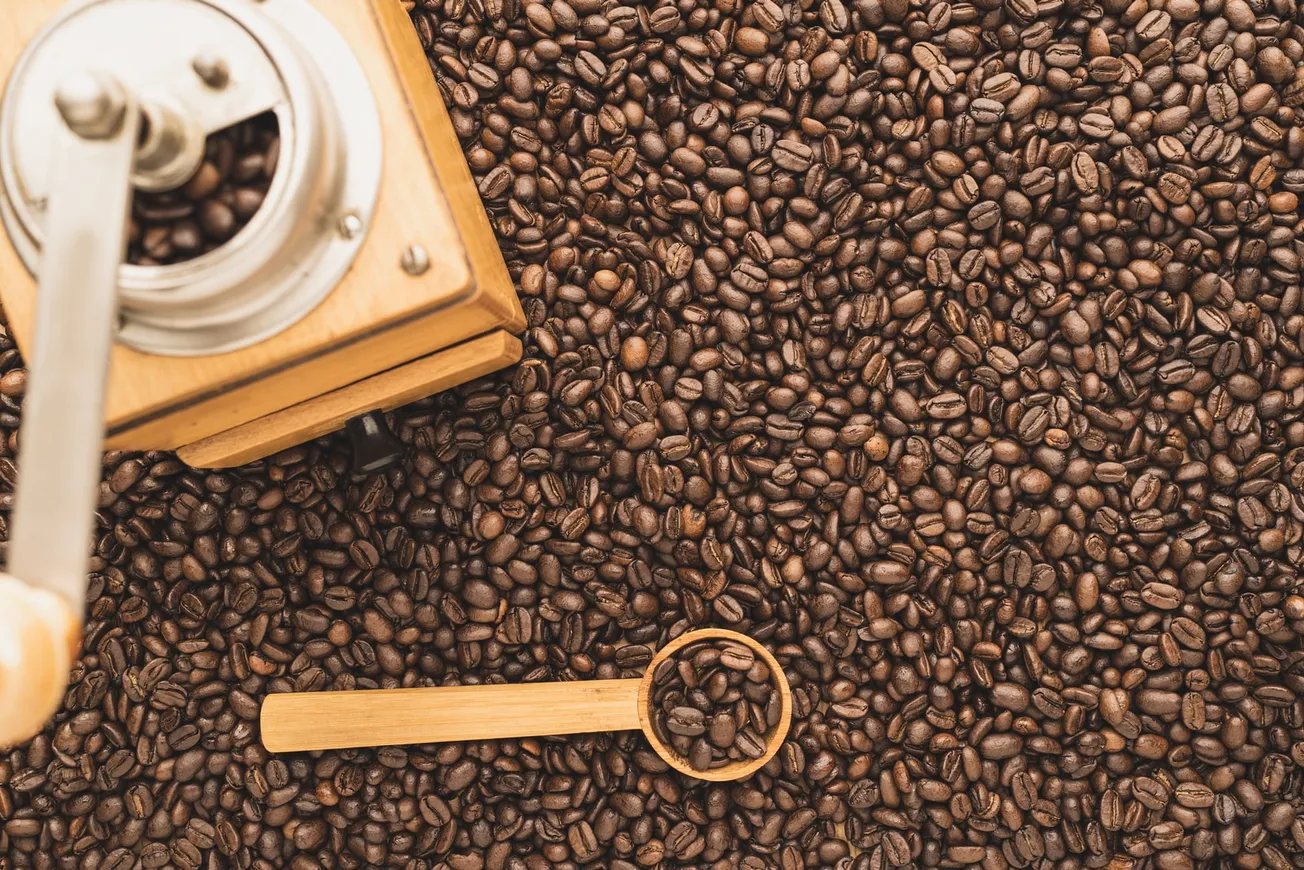Table of Contents
I am, it must be said, something of a creature of habit. Even though I rarely use an alarm (the very thought literally keeps me awake at night), I wake at the same time nearly every day. Once up, my day follows a pretty set bibulous routine: a massive mug of tea to kick off the day, and a massive bucket of coffee mid-morning. Real coffee, mind you: freshly ground, from one of at least three varieties of beans kept in the house at any time.
Alcohol is strictly reserved for after midday. Wine for the afternoons, cos I’m not an alkydolic or anything. Stronger stuff is for the evening.
But, I digress.
I call red wine my “heart medicine”, cos, bugger it, some Poindexter in a labcoat just reckons that moderate wine consumption staves off heart disease. Or something. Hey, my Maltese father-in-law drank a couple of glasses of “plonk” a day, and he lived till his 80s. Call it the “Mediterranean diet”.
Now, some other Poindexters are saying that coffee and tea are good for you, too.
A large prospective cohort study published in the peer-reviewed online journal PLoS Medicine found that drinking both coffee and tea is associated with a lower risk of stroke, ischemic stroke, dementia, and vascular dementia. The combination of both correlates with a lower risk of stroke and dementia compared to drinking both separately. Mind you, the combined amount, two or three cups of coffee and two or three cups of tea, is a bit of a challenge, even for me.
“We found that drinking coffee and tea separately or in combination were associated with lower risk of stroke and dementia,” the scientists said.
“Moreover, drinking coffee alone or in combination with tea was associated with lower risk of poststroke dementia.”
Sci-News
Even on its own, though, coffee is pretty good stuff.
A new long-term study led by Edith Cowan University scientists further supports the hypothesis that coffee intake may be a protective factor against Alzheimer’s disease, with increased coffee consumption potentially reducing cognitive decline […]
“Coffee contains a range of bioactive compounds, including caffeine, chlorogenic acid, polyphenols and small amounts of vitamins and minerals [said Dr. Samantha Gardener].”
Yeah, yeah, yadda-yadda, Poindexter: cut to the good stuff.
“Epidemiological studies suggest coffee has beneficial effects on various conditions including stroke, heart failure, cancers, diabetes, and Parkinson’s disease.”
Now you’re talking.
The researchers were unable to differentiate between caffeinated and de-caffeinated coffee, nor the benefits or consequences of how it was prepared (brewing method, the presence of milk and/or sugar etc).
Well, my taste buds can differentiate between caffeinated and de-caf, believe you me. And as for barbarians who add milk and sugar…
Anyway, the take-home here is that coffee and tea are good for you. More coffee and tea is even better.
“If you only allow yourself one cup of coffee a day, the study indicates you might be better off treating yourself to an extra cup, although a maximum number of cups per day that provided a beneficial effect was not able to be established from the study.”
“If the average cup of coffee made at home is 240 g, increasing to two cups a day could potentially lower cognitive decline by 8% after 18 months.”
Sci-News
Heck, what with the heart-protective properties of red wine, and then this, I’m gonna live forever.
And they don’t call it “the water of life” for nothing.
See you in eternity, mortals.
Please share this article so that others can discover The BFD






